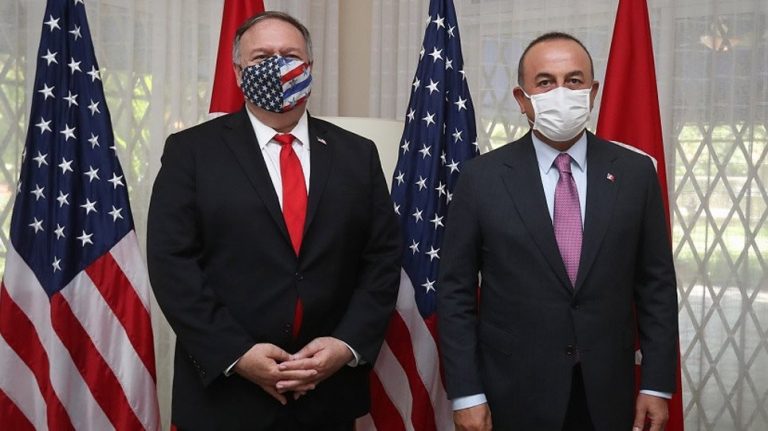If, as observers like to suggest, the U.S.-Turkish relationship resembles a slow-motion train wreck, the good news is that the trains have been moving more slowly than some expected. The bad news is that they are still heading toward each other on the same track. Present-elect Joe Biden is now in the unenviable position of brakeman… and he can’t expect much help from his counterpart in the oncoming train.
For Biden, the challenge will be to minimize the damage that Turkey can do to U.S. interests without provoking new conflicts or foreclosing the possibility of future cooperation. His work must begin with recognizing that Washington cannot single-handedly rescue the U.S.-Turkish alliance, nor will Erdogan ever offer any real or lasting reset—no matter how many times he seems to do so. The United States and Turkey will continue to work at cross purposes and there will continue to be more crises. If everyone is lucky, there will also be periods of respite and some progress on areas of common interest.
To best navigate this no-win situation, Washington should be clear-eyed about Turkey’s role in U.S. foreign policy, and also about its own role in Turkish domestic politics: It will be nearly impossible to cooperate with Turkey when the Turkish government sees the United States as a threat, and it will be difficult to support Turkish democracy when much of Turkey’s opposition does too.
Coronavirus Greece: 1.190 new cases & 85 deaths in the last 24 hours
The National Interest: The problem with Turkey’s Proxy Militias isn’t just military – Analysis
A number of explanations have been offered as to why Turkey has taken a more combative approach toward the United States and its other Western allies in recent years. Some analysts have highlighted the domestic political benefits that Erdogan derives from his bellicose, anti-Western stance, particularly now that he is in an electoral alliance with Turkey’s ultra-nationalist party. Others have emphasized the role of Erdogan’s Islamist ideology and aspirations for leadership in the Muslim world. Still others point to a series of specific Turkish grievances, such as Washington’s support for Syrian Kurdish fighters or its refusal to extradite the Turkish preacher Fethullah Gulen back to Turkey, and argue that these explain or justify Turkish hostility.
Read more: Foreign Policy
Ask me anything
Explore related questions





